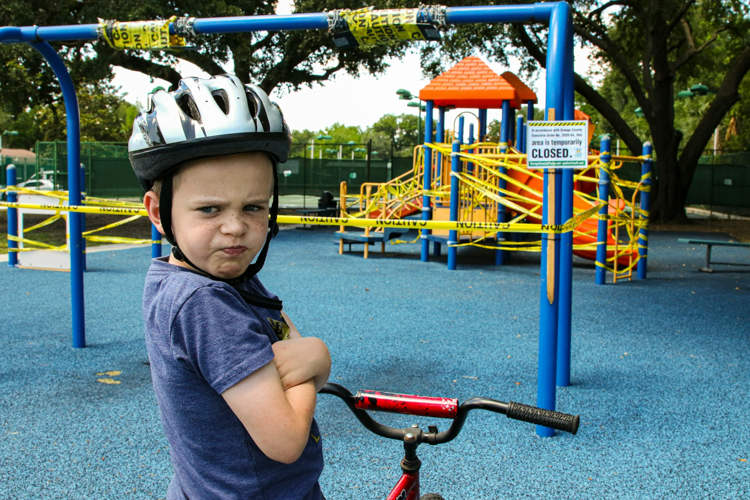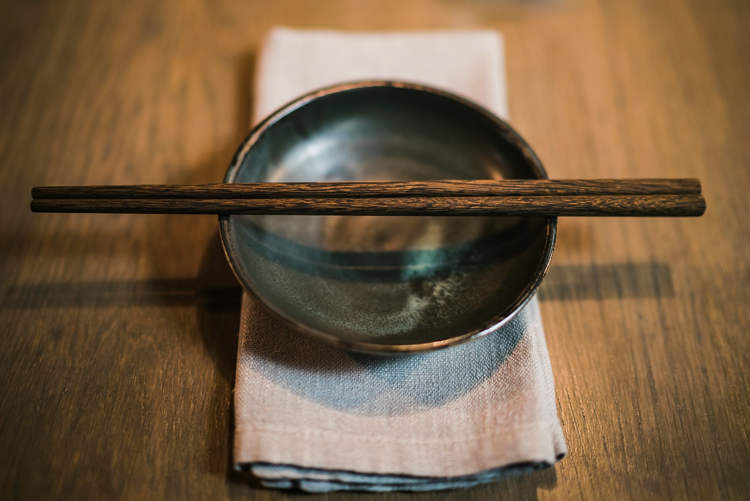Moremi Game Reserve, located in Botswana’s Okavango Delta, is home to a pride of butch lionesses with deep roars and bushy, luxurious manes. They look so much like male lions, they easily fool competing prides into believing that they’re actually males.
The maned lionesses are regularly spotted by visitors to the Mombo Safari Camp, an area within the Reserve where these wild beasts reside. Wildlife experts believe that the lion population in the area might have a genetic condition that causes the phenomenon. The seasonal flood waters of the delta could have isolated these lions for decades, forcing them to inbreed their way to a genetic mutation causing a hormonal imbalance.
When National Geographic contacted Luke Hunter, president of the big-cat conservation group Panthera, for answers, he explained that masculine females are likely to occur when the embryo is disrupted – either during conception or while in the womb. “If the former case, the genetic contribution of the sperm – which determines the sex of the fetus in most mammals – was probably aberrant, giving rise to a female with some male characteristics,” he said.







